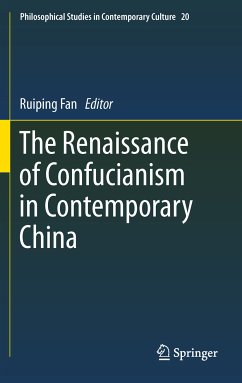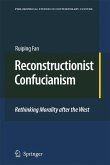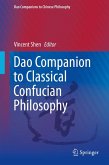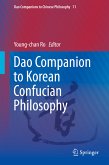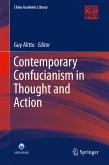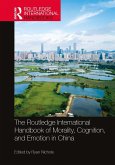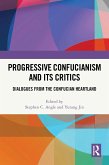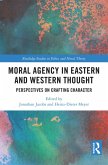Stephen A. Erickson, Professor of Philosophy and the E. Wilson Lyon Professor of the Humanities, Pomona College, USA
The Renaissance of Confucianism in Contemporary China features an important school of Confucianism in Mainland China today, "Political Confucianism," powerfully articulated by Jiang Qing, author of the leading article in this volume. "Political Confucianism" is unique: on the "Political" side, it rejects many core values of liberalism, the dominant political ideology in the West; and on the "Confucianism" side, it rejects the one-sided emphasis on the inner sageliness of "New Confucianism" developed in Hong Kong and Taiwan in the last century. In this volume, the programmatic essay by Jiang Qing is followed by penetrating essays, either further expanding on or critically examining various themesof Jiang's original essay, by eminent scholars, many of whom are committed Confucians themselves. The volume concludes with an informative biography of Jiang Qing. It is a must-read for anyone who is interested in learning about the situation of Confucianism in contemporary China in particular and about Confucianism or contemporary China in general.
Yong HUANG, Chief Editor, Dao: A Journal of Comparative Philosophy
This is the most important recent study of Chinese culture and political theory. It offers a rich insight into the renaissance of authentic Confucian commitments in contemporary China and the foundationally different moral and political direction that it proposes for China's future. The essays Fan brings together tie the power of China's rich past to the prospect of a China quite different from what the West envisages. It is a "must-read" for anyone seeking to understand China in the 21st century.
David Solomon, W.P. and H.B. White Director of the Center for Ethics and Culture, University of Notre Dame
Dieser Download kann aus rechtlichen Gründen nur mit Rechnungsadresse in A, B, BG, CY, CZ, D, DK, EW, E, FIN, F, GR, HR, H, IRL, I, LT, L, LR, M, NL, PL, P, R, S, SLO, SK ausgeliefert werden.
"The book provides interesting (and to some degree emic) insights into a newly emerged Chinese school of thought which strives to restore Confucianism's political applicability in the twenty-first century. In short, readers will find here a valuable introduction to a provocative and increasingly important branch of contemporary Confucianism." (Lukas Pokorny, Religious Studies Review, Vol. 38 (4), December, 2012)

